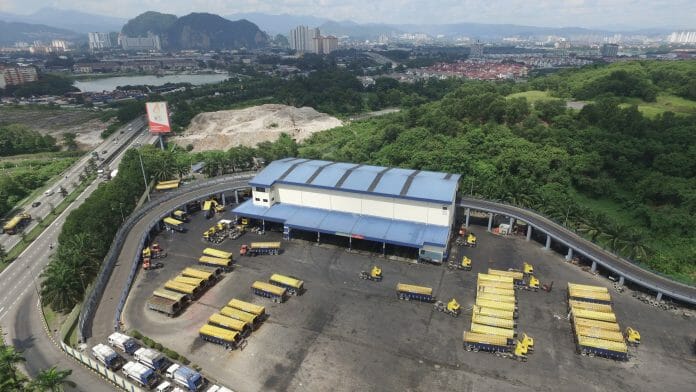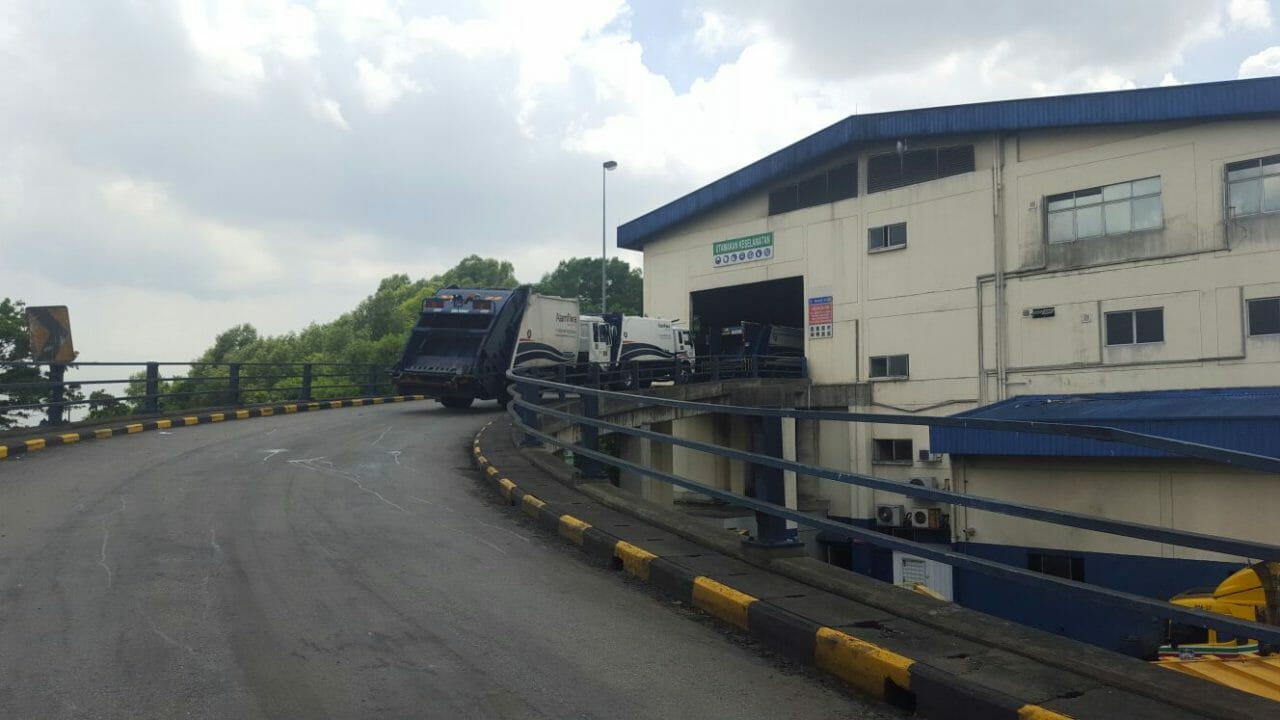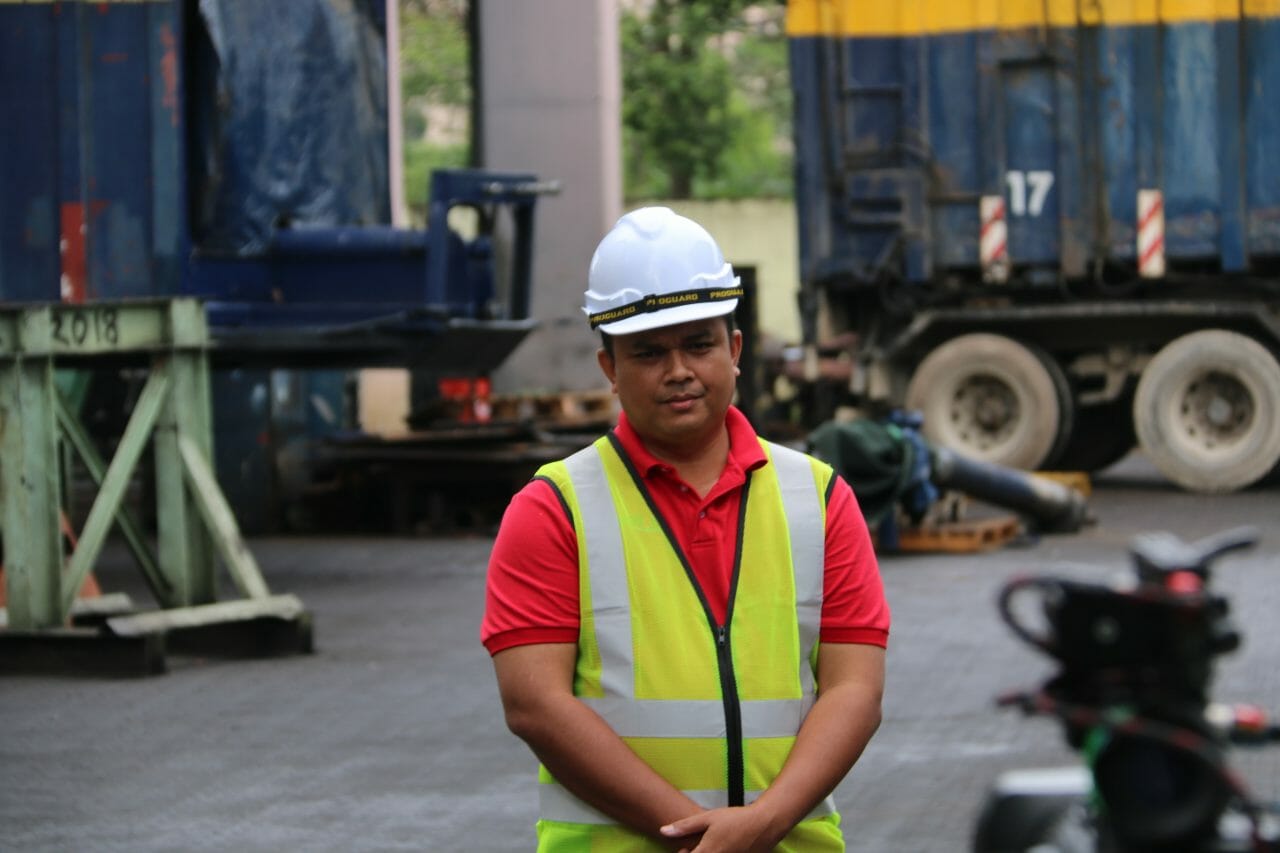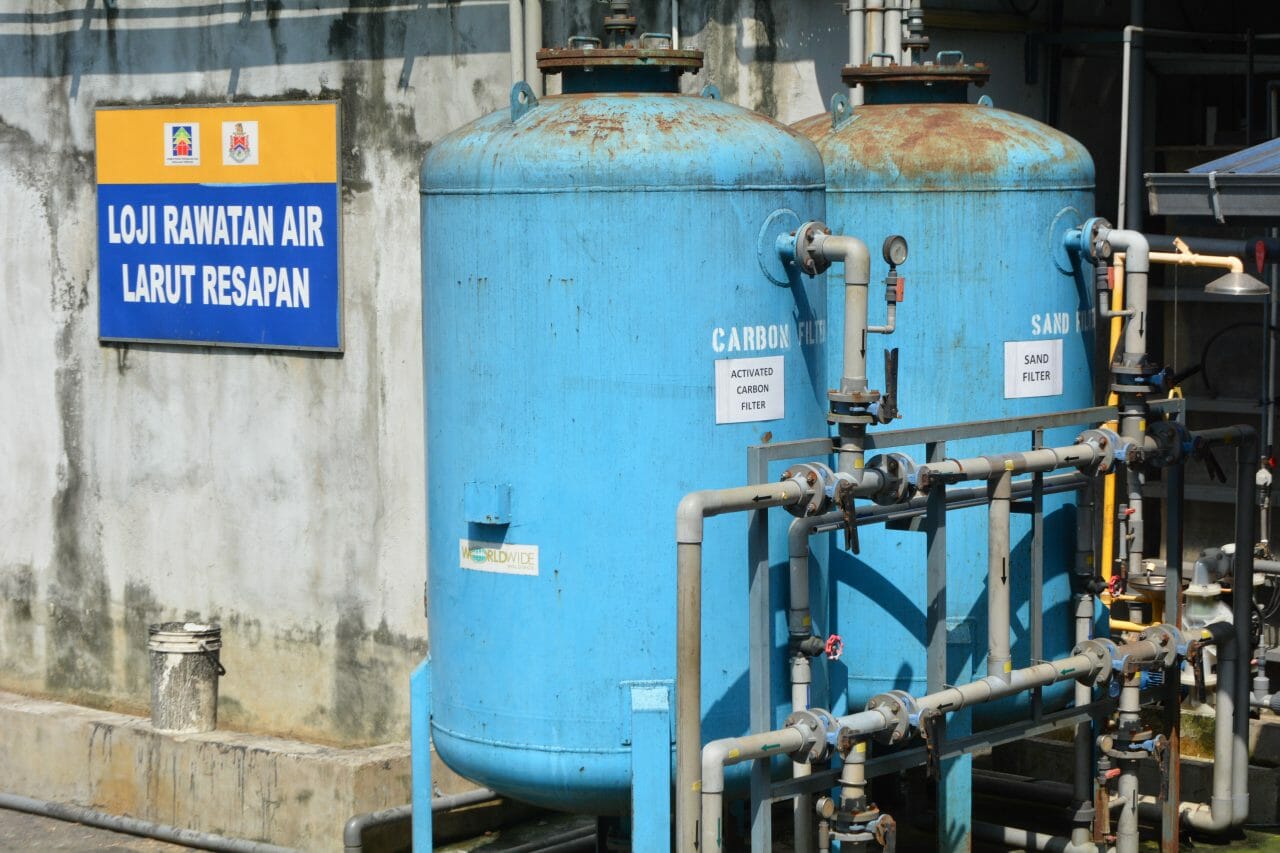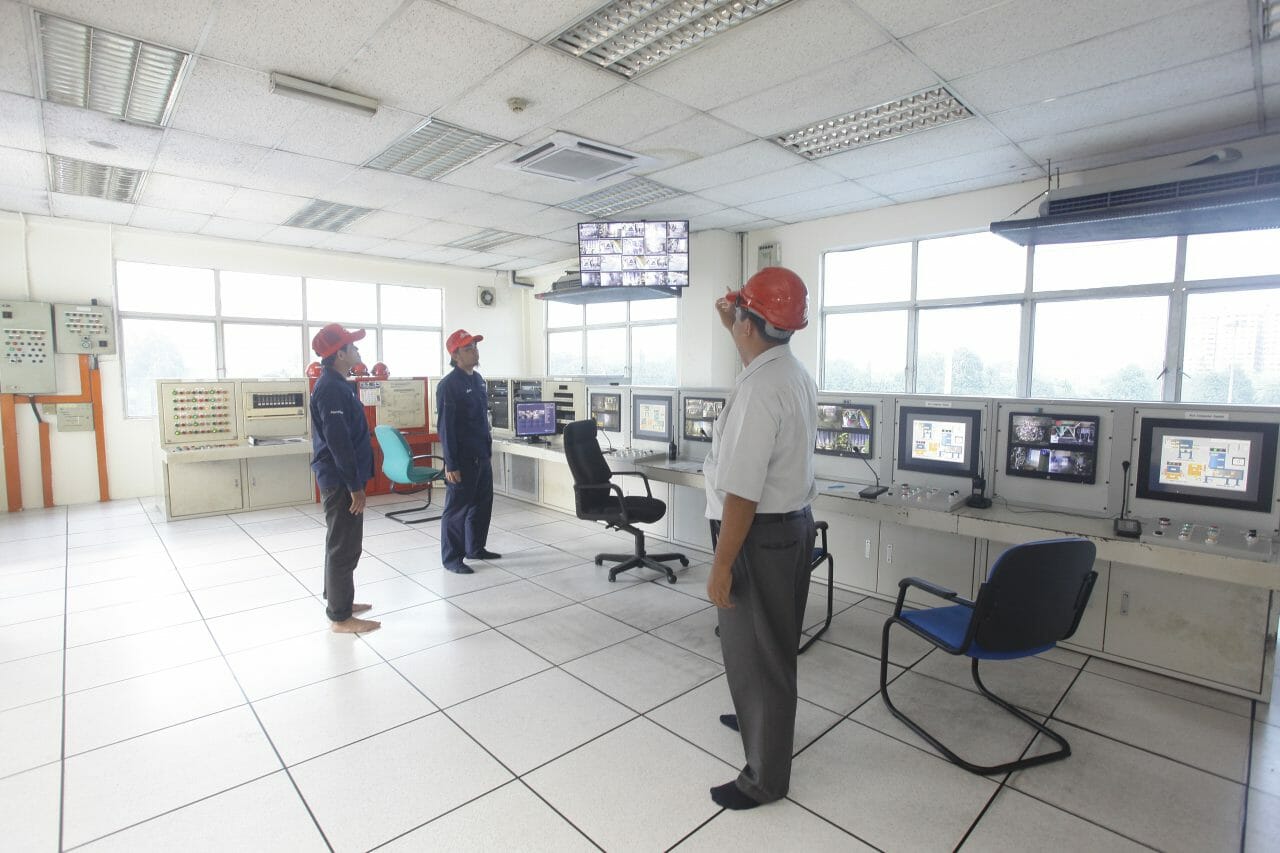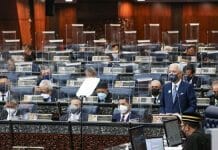In 2013, frustrated garbage contractors had dumped some 250 tonnes of collected waste along the MRR2 as a result of the lack of proper care needed to run the Taman Beringin transfer station.
Later on, Alam Flora through its subsidiary company Alam Flora Environmental Solutions Sdn Bhd (AFES) took over the operations at the transfer station and the number of reparations that needed to be done to restore the station was more than expected.
“The transfer station is a transit point for the waste from KL before it is sent to the sanitary landfill for the final disposal. We receive up to 2,700 tonnes of waste and the operations needed to maintain the station and manage the waste coming through is a 24-hours work,” AFES Head, Waste Management Facilities, Mohd Norazizi Bin Zakaria says.
To restore the facilities and normalise the transfer station back into operations, the challenge was then just repairing the building and cleaning the trucks, it was also making sure that the residents living close to the transfer station were no longer impacted by the pollution caused.
Despite the high volume of waste coming through daily, he says the operations can still cope with it. “Previously all waste coming from KL will be directly sent to the station but now we can reduce it thanks to the recovery and treatment plans in place that can treat recyclables and green waste,” he says.
With increasing recycling habits and more machinery to segregate and treat the waste accordingly, Norazizi says waste being sent to the landfills is reduced more and more.
To tackle the issue of pollution from worsening even further, AFES installed systems to control the odour, and made sure any discharge was disposed of through the proper channel. As every facility is equipped with an EIA approval, unfortunately, the transfer station under the previous management did not have one.
Following the environmental management plan, AFES made sure to monitor the air quality system, the groundwater quality and water samples from the river were made sure to be tested every month.
Reports from the tests are then sent to the Department of Environment every quarter and this ensured no problem came up from the parameter of the transfer station.
“In line with the agreement with the government, we have to transfer all incoming waste within 24 hours to the sanitary landfill. But we are doing more than just that. We made sure that we upgraded our treatment plan by adding another layer to the existing process because we want to make sure that the discharge released from the transfer station does not impact the surrounding and residential,” he says.
Additionally, Alam Flora’s work with the transfer station did not just include the welfare of the communities living close by but also the staff who worked within the station’s parameters.
Norazizi points out that cleanliness has to be constantly maintained within the parameters and this extends to the facilities used by the workers, which included the canteen and necessary facilities that meet their needs.
“Even our machinery is maintained on time and accordingly, we make sure if they have exceeded the set mileage, the necessary work is carried out to make sure they run efficiently. All this involves financial expenses, but these are necessary expenses that are important for the work we do,” he says.
While their work has garnered praise over the years, it is not without its challenge.
“We are dealing with a continuously high volume of waste; hence the sufficient machinery and manpower availability are very important. So, we have to be ready at all times, and even on holidays.
“To neutralise the odour, we spray 5,000 litres of effective microbes every day and our team sprays up to 13 acres daily. And is located close to a river also meant that our treatment is crucial,” he says, referring to the absolute need to ensure that every step of the way complies with the regulations.
According to AFES while a substantial amount of money has been spent to maintain and upgrade the waste management system, enforcement is still lacking authority. The lack of proper enforcement can lead to a misshape in waste management, Norazizi says hence it is important for both the private and public sector to work together in tackling the problem at hand.
“We are hoping the government will work alongside us to promote the habit of waste segregation because it is important for the waste treatment process. While awareness has been gradually increasing over the last decade, we realise that it takes time to normalise the sustainability culture and it must keep going,” he says.
“It’s our collective responsibility to preserve the sustainability of the environment,” he added.


